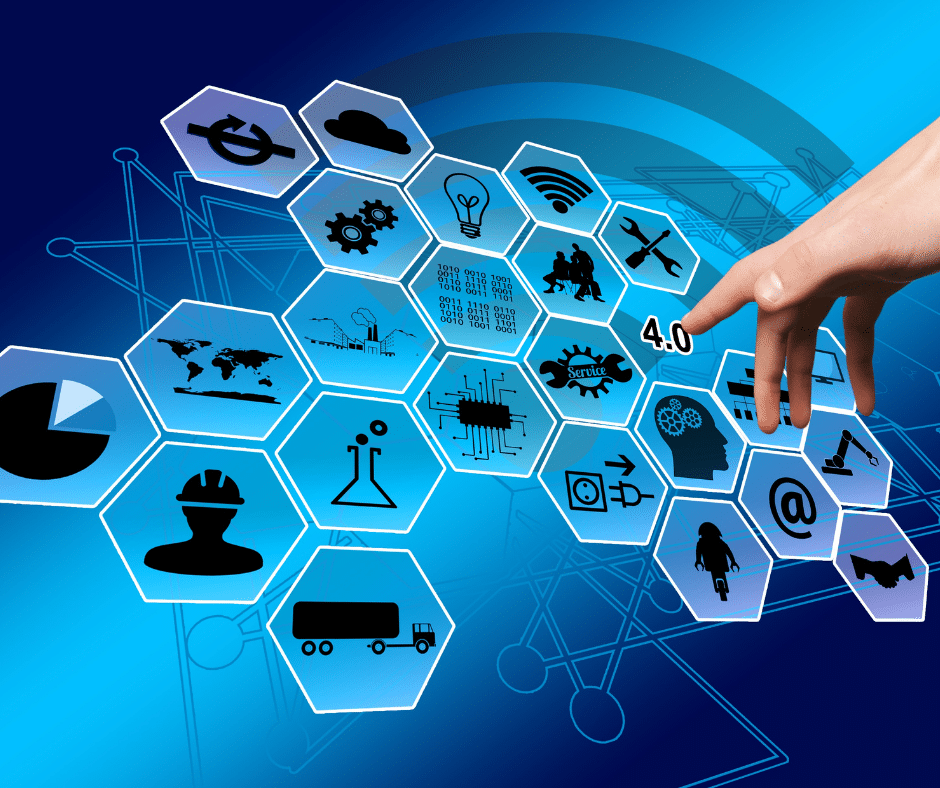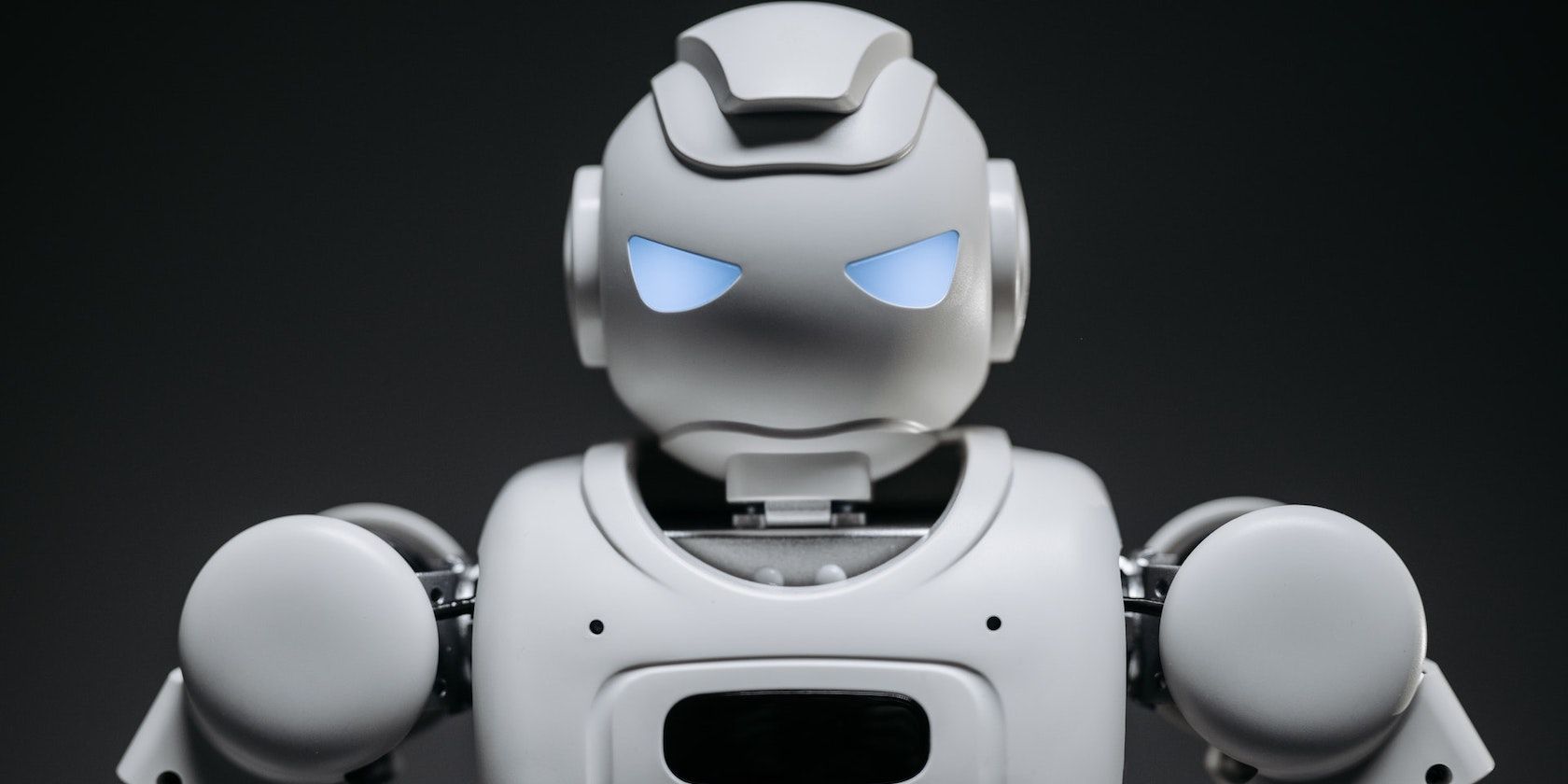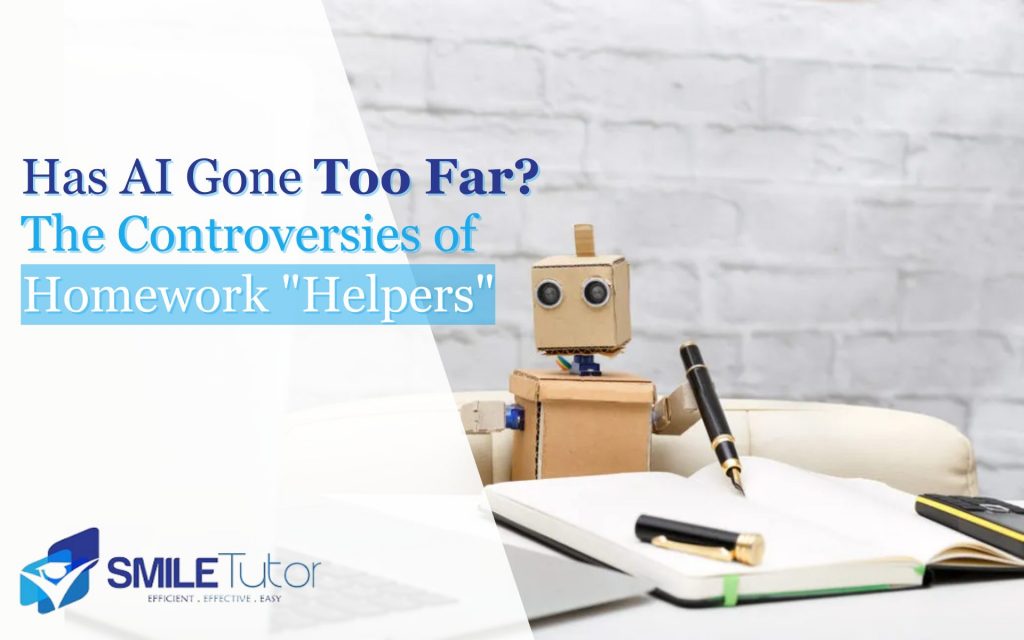Artificial intelligence has come a long way from being just a concept in science fiction movies to becoming an integral part of our daily lives. From virtual assistants like Siri and Alexa to self-driving cars, AI technology is advancing at an unprecedented pace. But as we continue to integrate AI into various aspects of our existence, one question keeps popping up: Has AI gone too far? This is the million-dollar question that everyone seems to be asking these days. Let's dive deeper into this topic and explore the pros and cons of AI's rapid evolution.
Now, don't get me wrong—AI has revolutionized industries, improved efficiency, and made life easier for millions of people around the globe. But with great power comes great responsibility, right? As AI becomes more intelligent and autonomous, there are concerns about its potential to harm society. Think about it: we're giving machines the ability to make decisions that could impact human lives, and that's no small deal.
So, where do we draw the line? When does innovation cross over into something potentially dangerous? These are the questions we'll be unpacking in this article. Buckle up, because we're about to embark on a journey through the world of artificial intelligence, examining its benefits, risks, and ethical dilemmas.
Read also:Krysten Ritter Net Worth The Journey Stats And Everything You Need To Know
Understanding AI: What Exactly Is It?
Before we dive into whether AI has gone too far, let's take a step back and understand what AI actually is. At its core, artificial intelligence refers to the simulation of human intelligence by machines. This includes processes such as learning, reasoning, problem-solving, perception, and even creativity. AI systems can be designed to perform specific tasks, like recognizing images or understanding natural language, or they can be more general-purpose, capable of handling a wide range of activities.
There are different types of AI, including narrow AI, which is focused on specific tasks, and general AI, which aims to replicate human-level intelligence across various domains. Narrow AI is what we see in most applications today, like recommendation algorithms on Netflix or chatbots on websites. General AI, on the other hand, is still largely theoretical and remains a topic of intense research and debate.
How AI Has Revolutionized Industries
AI has already made a significant impact on numerous industries, transforming the way businesses operate and interact with customers. For example:
- Healthcare: AI-powered diagnostic tools can analyze medical images and identify diseases with remarkable accuracy, often outperforming human doctors.
- Finance: AI algorithms are used for fraud detection, risk assessment, and algorithmic trading, making financial systems more efficient and secure.
- Retail: Personalized recommendations and inventory management systems driven by AI have revolutionized the shopping experience, both online and offline.
- Transportation: Self-driving cars and autonomous delivery drones are pushing the boundaries of what's possible in logistics and transportation.
These advancements have undoubtedly brought about numerous benefits, but they also raise important questions about the ethical implications of AI.
The Benefits of AI: Why It's a Game-Changer
Let's talk about the positives for a moment. AI has the potential to solve some of humanity's biggest challenges. Imagine a world where diseases are detected early and treated effectively thanks to AI-powered medical systems. Or a world where renewable energy sources are optimized using AI algorithms to combat climate change. The possibilities are endless.
In addition to these groundbreaking applications, AI also offers practical benefits in our everyday lives. Virtual assistants like Siri and Alexa make it easier to manage our schedules, find information, and control smart home devices. AI-driven translation tools help break down language barriers, enabling people from different parts of the world to communicate seamlessly.
Read also:Kali Uchis A Deep Dive Into Her Dating History
AI in Education: Bridging the Gap
One area where AI is making a significant difference is education. Adaptive learning platforms powered by AI can tailor educational content to individual students' needs, providing personalized learning experiences that were once impossible to achieve. This not only improves learning outcomes but also makes education more accessible to people in remote or underserved areas.
However, as we celebrate these achievements, we must also acknowledge the potential downsides of AI's rapid advancement.
Has AI Gone Too Far? The Dark Side of AI
While AI has brought about many positive changes, there are valid concerns about its potential to cause harm. One of the biggest worries is the issue of bias in AI systems. If an AI model is trained on biased data, it can perpetuate and even amplify existing inequalities. For example, facial recognition systems have been shown to perform worse on people with darker skin tones, leading to unfair treatment in areas like law enforcement.
Another concern is the impact of AI on employment. As machines become more capable of performing tasks traditionally done by humans, there's a risk of widespread job displacement. While some argue that new jobs will be created to replace those lost to automation, the transition period could be difficult for many workers who lack the skills needed for these new roles.
The Ethical Dilemmas of AI
Then there's the ethical question of whether we should even be developing certain types of AI. For instance, should we create autonomous weapons that can make life-and-death decisions without human intervention? Or should we allow AI systems to make decisions that affect people's lives, such as denying someone a loan or determining their eligibility for social services?
These are complex issues that require careful consideration and regulation. Without proper oversight, AI could easily be used for malicious purposes, from spreading disinformation to conducting cyberattacks.
The Role of Regulation in AI Development
Given the potential risks associated with AI, many experts argue that there needs to be stronger regulation to ensure its safe and ethical development. Governments and organizations around the world are beginning to take notice, introducing guidelines and frameworks to govern AI research and deployment.
For example, the European Union has proposed a set of rules aimed at ensuring that AI systems are transparent, accountable, and respectful of human rights. Similarly, the United States has established the National AI Initiative Office to coordinate AI research and policy across federal agencies.
The Importance of Transparency in AI
Transparency is key when it comes to building trust in AI systems. People need to understand how AI works and why it makes certain decisions. This is especially important in areas like healthcare and finance, where AI can have a direct impact on people's lives. By making AI systems more transparent, we can reduce the risk of errors and ensure that they are used responsibly.
Some companies are already taking steps to increase transparency by publishing detailed explanations of how their AI models work. Others are investing in explainable AI technologies that can provide clear and understandable rationales for AI-driven decisions.
Public Perception of AI: Are People Ready?
How do people feel about AI? According to a survey conducted by PwC, 63% of consumers believe that AI will lead to positive changes in society. However, 41% also expressed concerns about the potential misuse of AI technology. These findings highlight the need for greater education and awareness about AI's capabilities and limitations.
It's important for companies and governments to engage with the public and address their concerns. This can be done through initiatives like AI literacy programs, public consultations, and open forums where people can voice their opinions and ask questions.
Building Trust in AI: A Shared Responsibility
Building trust in AI is a shared responsibility between developers, policymakers, and the general public. Developers need to prioritize ethical considerations when designing AI systems, while policymakers must establish clear guidelines and standards for their use. Meanwhile, the public has a role to play in staying informed and holding organizations accountable for their AI practices.
By working together, we can create a future where AI is used responsibly and benefits everyone, not just a select few.
The Future of AI: Where Do We Go From Here?
As we look to the future, one thing is certain: AI will continue to evolve and shape the world in ways we can't yet imagine. The question is, how do we ensure that this evolution is guided by ethical principles and aligned with human values?
Some experts believe that the solution lies in developing AI systems that are more aligned with human cognition and decision-making processes. Others advocate for a more collaborative approach, where humans and machines work together to solve complex problems.
Predictions for AI in the Next Decade
Over the next decade, we can expect to see significant advancements in areas like natural language processing, computer vision, and robotics. AI-powered virtual assistants may become even more sophisticated, capable of understanding and responding to human emotions. Autonomous vehicles could become a common sight on our roads, reducing traffic accidents and improving transportation efficiency.
However, these developments also bring new challenges that we must be prepared to address. As AI becomes more integrated into our lives, we need to ensure that it is used in ways that benefit society as a whole.
Conclusion: Striking a Balance
In conclusion, the question of whether AI has gone too far is a complex one with no easy answers. While AI has the potential to bring about tremendous benefits, it also poses significant risks that must be carefully managed. By focusing on ethical considerations, promoting transparency, and engaging with the public, we can ensure that AI is developed and used responsibly.
So, what can you do? Start by educating yourself about AI and its implications. Stay informed about the latest developments and participate in discussions about its future. And most importantly, don't be afraid to ask questions and challenge assumptions. Together, we can shape a future where AI works for everyone.
Call to Action: Share your thoughts on AI in the comments below. Do you think it has gone too far, or is it just getting started? Let's continue the conversation and work towards a brighter, more responsible future for AI.
Table of Contents
- Understanding AI: What Exactly Is It?
- The Benefits of AI: Why It's a Game-Changer
- Has AI Gone Too Far? The Dark Side of AI
- The Role of Regulation in AI Development
- Public Perception of AI: Are People Ready?
- The Future of AI: Where Do We Go From Here?
- Conclusion: Striking a Balance


